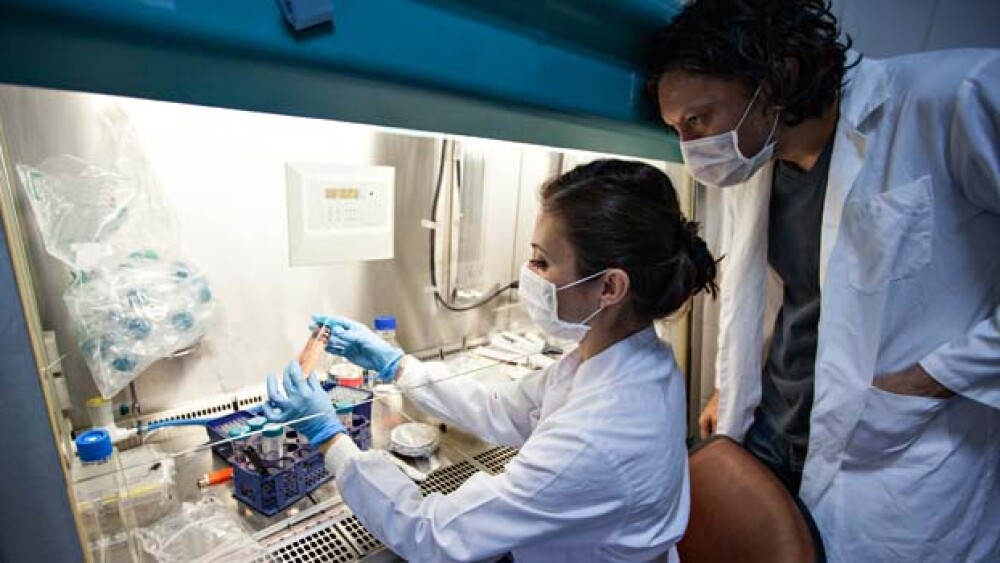Shares of Eiger have plunged more than 47 percent this morning after the company announced it is terminating its experimental PAH treatment ubenimex after it flopped its mid-stage study.
Shares of Bay Area Eiger BioPharmaceuticals Inc. have plunged more than 47 percent this morning after the company announced it is terminating its experimental pulmonary arterial hypertension (PAH) treatment ubenimex after it flopped its mid-stage study.
Eiger said treatment with ubenimex provided no improvement for PAH patients. The company said the drug demonstrated no improvement overall or in key subgroups for both the primary efficacy endpoint of pulmonary vascular resistance (PVR) and the secondary endpoint of 6-minute walk distance (6MWD).
Pulmonary hypertension is a type of high blood pressure that affects the arteries in the lungs and the right side of the heart, Eiger said. The progressive disease can weaken the heart and cause it to fail. PAH is a life threatening illness. Eiger believed that Ubenimex, a well-characterized, oral, small-molecule, inhibitor of LTA4H, would block production of leukotriene B4 (LTB4), an inflammatory mediator implicated in the pathogenesis of PAH.
Eiger Chief Executive Officer David Cory said PAH is a difficult disease to treat and was disappointed in the results of the Liberty trial. Eiger said it will evaluate the data from the Phase II Liberty trial, but will no longer pursue the drug as a treatment of PAH. While the company has closed the door on its PAH program with ubenimex, Eiger said it will continue development of ubenimex for treatment of lymphedema.
Earlier this month, Eiger said it completed enrollment in a 54 patient Phase II study designed to evaluate the effects of ubenimex in patients with primary and secondary lymphedema of the lower limbs. Lymphedema can lead to sever swelling in limbs that can become debilitating. There is currently no pharmacologic therapy approved by the U.S. Food and Drug Administration for lymphedema. Topline results from the Phase II ULTRA study in primary and secondary lymphedema will be reported in the second half of 2018.
In addition to lymphedema, Eiger is also investigating a treatment for patients with chronic Hepatitis Delta Virus (HDV). In October, the company announced positive results from its Phase II HDV trial and will plan an end-of-phase meeting with the FDA in February.
In its announcement today, Cory said the company will “direct all resources to advance these important efforts.”
“Eiger has a deep pipeline of products focused on rare diseases that was built to reduce risk against a single binary event,” Cory said.
Shares of Eiger closed Friday at $16, but fell to a low of $8.40 as of 10:30 a.m.





